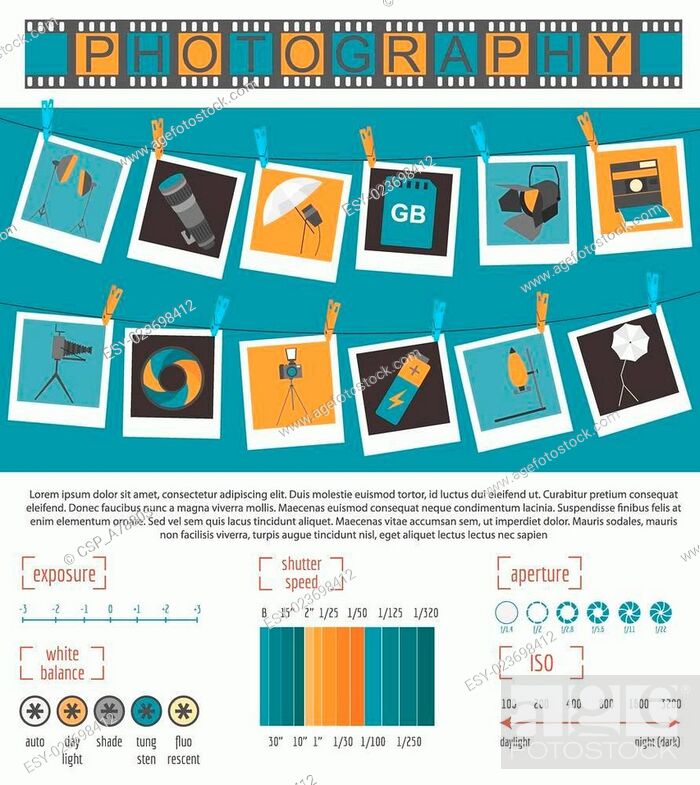Photographers Typically Overlook Essential Principles That Can Hinder Their Development; Find Vital Ideas To Raise Your Skills And Avoid Typical Pitfalls
Photographers Typically Overlook Essential Principles That Can Hinder Their Development; Find Vital Ideas To Raise Your Skills And Avoid Typical Pitfalls
Blog Article
Personnel Author-Sparks Lindholm
As a new photographer, it's simple to obtain caught up in the allure of premium equipment and neglect the basics that genuinely raise your craft. You might find yourself discouraged when your photos do not mirror the vision you had in mind. Usual mistakes, like ignoring illumination principles or overlooking composition concepts, can hold you back more than you understand. However understanding these challenges can change your approach. Let's explore Highly recommended Internet site and just how you can avoid them to improve your photography journey.
Disregarding Lights Basics
Ignoring illumination fundamentals is just one of the greatest bad moves brand-new digital photographers make. https://www.dazeddigital.com/art-photography/article/48400/1/advice-from-artists-on-how-to-adapt-change-and-cope-during-covid-19 might think that recording a great image is everything about your video camera settings or the most up to date gear, yet the reality is, lights is critical. Correct lights can boost your photos from ordinary to stunning, and recognizing it can conserve you from many missed out on chances.
First, focus on all-natural light. The golden hours-- quickly after sunrise and before sundown-- use soft, lovely light that enhances your subject. Stay clear of harsh lunchtime sun, which can cast unflattering shadows. If you're shooting inside your home, place your topic near windows to capitalize on diffused light.
Next, discover to adjust artificial illumination. Trying out various resources, like lamps or outside flash. Use reflectors to jump light back onto your topic for a softer result. Do not fail to remember that shadows can add deepness; accept them as opposed to shying away.
Ultimately, practice readjusting your electronic camera setups according to the illumination conditions. Understand exactly how shutter speed, aperture, and ISO interact to accomplish the wanted exposure.
Overemphasizing Equipment
Several brand-new digital photographers fall under the trap of assuming that having the most up to date and best equipment will instantly improve their digital photography. While it's appealing to think that a higher-end video camera or an expensive lens will boost your work, the reality is that it's not just about the tools you use.
Your skills, imagination, and understanding of photography play a much bigger function in creating magnificent photos. Investing in superior equipment can be valuable, however it shouldn't be your primary focus. Rather, focus on understanding the fundamentals-- light, structure, and storytelling.
You can take impressive images with a simple video camera if you know exactly how to use it successfully. Usually, it's the digital photographer's vision, not the equipment, that makes the difference.
Additionally, overstating tools can lead to irritation and burnout. You may find yourself regularly chasing the following piece of gear as opposed to refining your craft.
Neglecting Structure Principles
When you pick up your video camera, it's easy to concentrate solely on the topic, but neglecting make-up concepts can result in uninspired photos. Structure is the foundation of digital photography; it guides the audience's eye and produces a visual story. If you ignore it, your spectacular topic might get lost in a cluttered framework.
Begin by using the rule of thirds. Imagine your structure separated right into nine equal components by 2 horizontal and 2 vertical lines. Position crucial elements along these lines or at their junctions for a balanced and engaging shot.
In addition, think about leading lines. Use all-natural lines in your scene to draw the audience's eye towards the topic.
Do not forget about framework. Use surrounding components to create a "frame within a frame." This technique can include depth and emphasis to your topic.
Lastly, take note of negative area. In some cases, much less is more. Allowing empty space can enhance your centerpiece and develop an extra effective image.
Conclusion
In conclusion, by avoiding these common mistakes, you can boost your digital photography skills considerably. Focus on understanding lighting, composition, and exposure instead of getting lost in pricey equipment. Don't take too lightly the power of post-processing, either-- it can really transform your pictures. Keep in mind to select the right time of day for capturing, as lighting plays an essential function in your final results. Accept these ideas, and watch your photography thrive!
